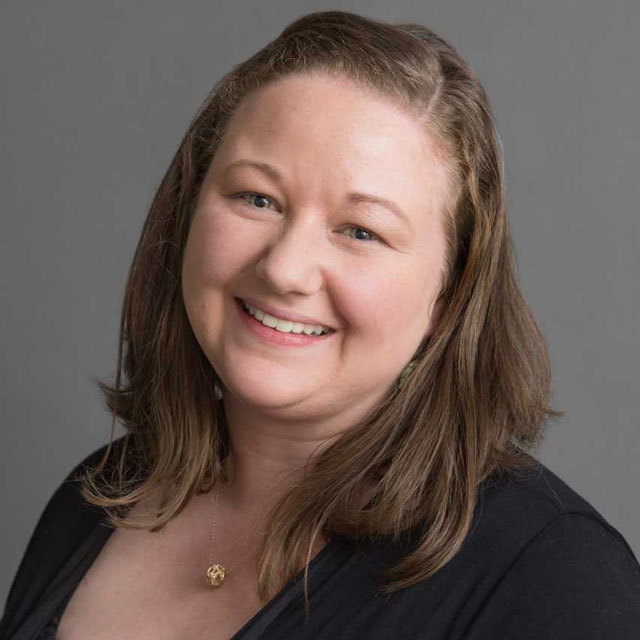Congratulations! You’ve been accepted into college, you’re narrowing down your interests to select a major, and you might be starting to think about what classes you’ll take.
At many colleges, you will be placed into certain required classes, such as math and English, to make sure that the classes you start with your first semester are at the right level for you. You may have taken advanced placement classes or earned college credit through dual enrollment, and you are ready for more advanced college classes. Or maybe you are a little nervous about taking college-level classes, especially if you have a couple subjects you struggled with in high school.
Don't worry. All colleges have a system for making sure you are placed into the right introductory classes when you start college.
How will I be placed into English and math classes?
At the University of Nevada, Reno, we use standardized test scores, such as the SAT or ACT, AP test scores or applicable transfer credit to determine what English or math classes you can enroll in.
If you have not taken a standardized test or you want a chance to improve your English or math class placement, there are alternate placement methods that you can use. These alternate placement assessments can be completed at any point in the semester, and you have the option to take the assessments multiple times, if needed.
For English placement at the University of Nevada, Reno, you can complete something called the directed self-placement (DSP). The DSP involves taking a 15–20-minute survey that will help you decide which writing class is best for you. The DSP survey asks various questions to assess your reading and writing abilities and is a reflective survey allows you to select the class that best reflects your abilities. You will be able to enroll in the class once the DSP survey is completed, and there are no additional fees to take this survey. DSP cannot be accepted from another institution.
For math placement, you may complete the ALEKS PPL. The ALEKS PPL involves taking a 1.5-hour long assessment, followed by a learning module to help prepare you to repeat the assessment. This process can be completed three times and your score will be used to place you into an appropriate math class. It is free to take the ALEKS PPL on campus. If you take the test remotely, there is a small proctoring fee of $5 if taking the assessment remotely. There is no waiver available for this fee.
If you have completed the ALEKS PPL at another institution that is part of the Nevada System of Higher Education, we will accept their placement scores. It is your responsibility to send your scores in, so they can be placed into your record. We do not accept alternate placement scores from institutions that are not part of the NSHE system.
What happens if I don’t place into college-level classes?
This year, the University of Nevada, Reno made a significant change to how we approach class placement for students who don’t place into college-level math or English. Under the Nevada System of Higher Education’s Corequisite and College Ready Gateway Policy, all students will be enrolled in gateway college-level English and math courses in their first year at the University, with or without corequisite support.
Why did NSHE decide to make this change? We have found that traditional remediation does not work. For many years, far too many NSHE students have entered into long traditional developmental education pathways that, instead of opening the door to college access, have closed it. For the thousands of students that enter into traditional remediation each year within NSHE, few have graduated, often due to the increased cost and time required to complete traditional developmental education.
To address this issue, we have changed to corequisite instruction. Corequisite instruction is a nationwide movement that allows you to complete college-level classes at the same time as you take supporting (or corequisite) classes and labs. This allows you to earn college credit in your first year of enrollment while receiving additional help to complete those classes.
Corequisite classes at the University of Nevada, Reno
So, what does this look like at the University of Nevada, Reno?
There are two different pathways for English classes.
- If you are ready for college-level English and do not need support, you will enroll in ENG 101.
- If you are not quite ready for college-level English and need additional support, you will enroll in the gateway college course, ENG 100I, as well as two mandatory corequisite support courses, ENG 100L and ENG 105L.
After the completion of either of these path, you will be prepared to move onto the next English course in the sequence, ENG 102.
There are also multiple pathways for math classes.
If you are interested in liberal arts, there are two paths.
- If you are ready for college-level mathematics and do not need support, you will enroll in MATH 120.
- If you are not quite ready for college-level mathematics and need additional support, you will enroll in the gateway college course, MATH 120E, as well as a mandatory corequisite course, MATH 20.
If you are interested in science, technology, engineering or mathematics (STEM) majors, there are three different pathways.
- If you are ready for college-level math and do not need support, you will enroll in MATH 126.
- If you are not quite ready for college-level mathematics and need minimal support, you will enroll in the gateway college course, MATH 126E, as well as a mandatory corequisite course, MATH 26B.
- If you are not ready for college-level mathematics and need more extra support, you will enroll in the gateway college course, MATH 126EE, as well as a mandatory corequisite course, MATH 26C.
After the completion of any of these paths, you will be prepared to move onto the next math course in your sequence, MATH 127.
And good news. Financial aid covers all co-requisite course work, so you'll be able to pay for college while taking the classes that are right for you.
You can learn more about corequisite instruction at the University of Nevada, Reno by visiting our website. And if you have questions, your admissions coordinator is a great place to start.
Read Part 2 of Emilly's blog series on class placement and find out about AP classes, language placement tests, dual enrollment and more!

Request more info
Do you have more questions we can answer? Are you interested in receiving additional information about the University, the admissions process, applying, financial aid or more?
